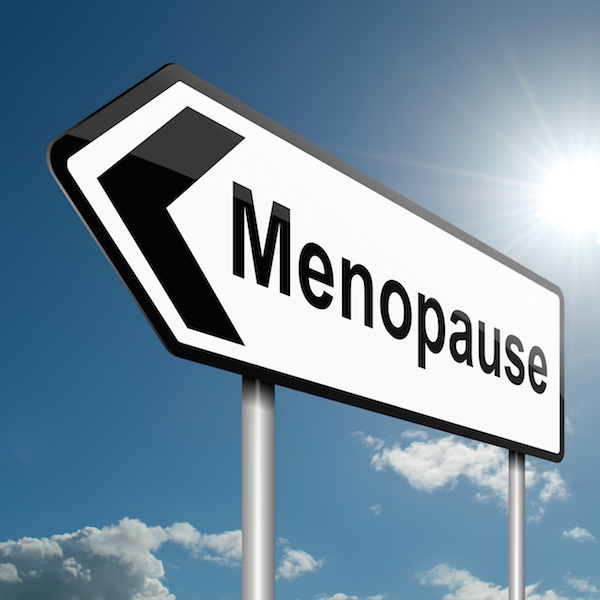
FRIDAY, Oct. 21 (HealthDay News) — Elevated levels of hormones increase breast cancer risk in postmenopausal women, and as the number of different elevated hormones rises, so does the risk, a new study has found.
Researchers from Brigham and Women’s Hospital and Harvard Medical School in Boston examined levels of eight different sex and growth hormones in blood samples collected from nurses up to nine years before their health information was recorded.
The risk of breast cancer increased 16 percent with each elevated hormone level, according to the study published online Oct. 21 in the journal Breast Cancer Research.
The investigators found that the highest levels of circulating estrogens (estrone and estrogen), prolactin, and androgens (testosterone, androstenedione, DHEA, or DHEA-sulfate) were each associated with between a 50 and 200 percent increased risk of developing breast cancer.
A woman with elevated levels of one hormone had a 10 percent increased risk, while the risk was doubled for those with elevated levels of five or six hormones, and tripled for those with elevated levels of seven or eight hormones, the study authors explained in a journal news release.
And for women with estrogen receptor-positive (ER-positive) breast cancer, all of these risks were slightly higher, the researchers pointed out.
“Elevated estrogens had the biggest effect on risk, especially for ER-positive cancer. However, androgens and prolactin also contribute to increasing risk of breast cancer. These hormones are known to stimulate the growth of breast cancer cells in the lab and, while androgens can be converted to estrogen in the body, these hormones have also been found to stimulate cancer cell growth in the absence of ER,” Shelley Tworoger, of Brigham and Women’s Hospital, explained in the news release.
“Our results suggest that models used to assess breast cancer risk could be improved by taking into account multiple sex hormone and growth hormone levels,” she added.
More information
The American Cancer Society has more about breast cancer.

